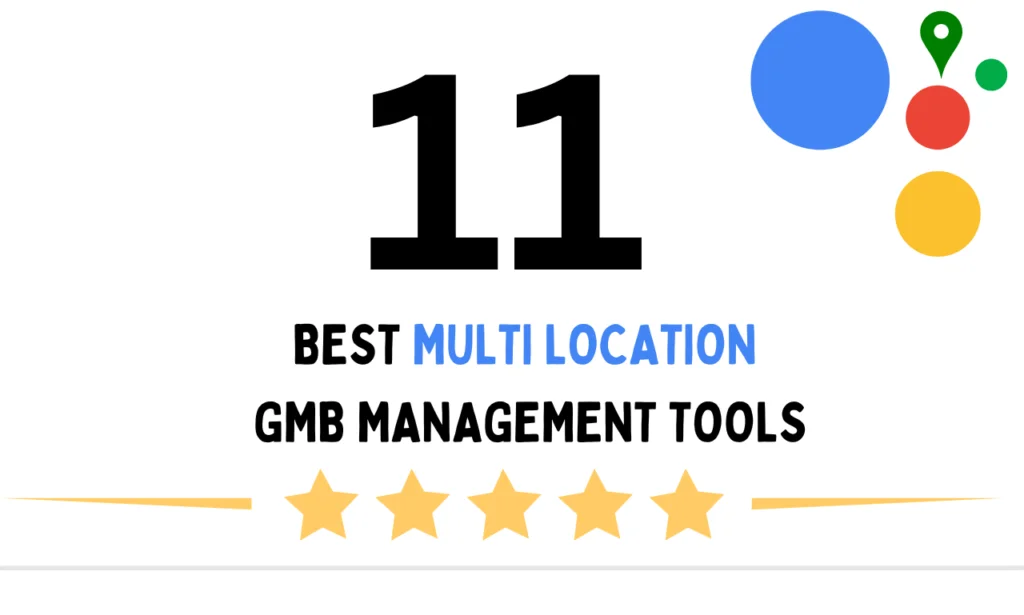Globally, enterprise resource planning solutions are now the key to profitable corporate operations. Nevertheless, a lot of businesses ignore optimization, a critical factor that establishes the actual worth of their ERP investment. Having an ERP Optimization in place alone does not ensure optimum ROI or optimal performance. The degree to which these systems are adjusted and optimized frequently determines the difference between average and outstanding company results. The five reasons listed below show how crucial ERP optimization is and how this tactical strategy may transform your company’s operations while producing quantifiable outcomes that affect your bottom line.
1. Maximizing System Performance and Operational Speed
ERP optimization removes annoying delays that affect productivity by significantly increasing system response times and processing speeds. Optimization finds and fixes performance bottlenecks by closely examining database queries, server setups, and workflow architecture. Higher adoption rates and greater user satisfaction result from faster transaction processing, quicker report production, and smooth system navigation. enhanced operational efficiency in every area is a direct result of enhanced performance. Employees may concentrate on their primary duties when systems react promptly and consistently, as opposed to waiting for cumbersome procedures or figuring out workarounds for system constraints that interfere with their everyday jobs.
2. Reducing Total Cost of Ownership and Operational Expenses
By locating and removing resource-wasting system inefficiencies, optimization dramatically lowers the cost of continuing ERP maintenance. Simplified procedures eliminate the need for extra hardware expenditures, lower storage requirements, and use less server resources. Frequent optimization lowers the need for expensive emergency support interventions and avoids expensive system breakdowns. Beyond only lowering direct costs, the financial benefit also includes increased productivity and lower downtime costs.
3. Enhancing User Adoption and Employee Satisfaction
ERP systems that are well-optimized offer user-friendly, intuitive interfaces that promote broad adoption across the company. Employee resistance to technology dramatically reduces when they see that systems are responsive to their demands and easy to use. The main goals of optimization are to streamline intricate procedures, cut out pointless stages, and design workflows that complement natural work patterns. Improved departmental collaboration, more accurate reporting, and higher user adoption rates are all correlated with greater data quality. Contented users become ambassadors for the system, promoting organizational change projects and pushing for more enhancements that boost overall business performance.
4. Ensuring Scalability and Future Business Growth
ERP optimization provides a base that is adaptable to shifting business needs and facilitates the introduction of new product lines or markets. Enhanced functionality, more users, and higher transaction volumes are all handled by optimized systems without causing performance issues. As companies expand and change, its scalability avoids the need for expensive system changes. Planning for new technologies, integration capabilities, and changing industry standards are all part of future-ready optimization. ERP system optimization puts businesses in a position to seize new possibilities while preserving operational stability during times of rapid expansion or change.
5. Strengthening Data Integrity and Business Intelligence
By guaranteeing data consistency and correctness across all system components, optimization builds a solid basis for strategic decision-making and business intelligence. Accurate forecasting, trend analysis, and performance evaluation are made possible by clean, well-structured data. Real-time insights from optimized reporting systems facilitate competitive positioning in ever-changing markets and quick decision-making. Confusion and mistakes brought on by inconsistent data across various system regions are eliminated by reliable data integrity. Stakeholders make more certain judgments that propel business success and enhance overall organizational performance when they have faith in system data.
Conclusion
ERP optimization is now essential to sustaining corporate performance, not just a luxury. Strategic optimization is crucial at every level of the life cycle if you want to fully realize its potential. It is where an enterprise testing tool such as Opkey can be valuable. It lowers risk, guarantees operational stability with less downtime, and streamlines complicated installations with its AI-powered ERP Lifecycle Optimization Platform. Opkey assists companies in increasing productivity, reducing expenses, and being prepared for the future with intelligent test automation and smooth configuration. Opkey is your partner in optimizing ERP value and company expansion, with demonstrated outcomes such as a 90% decrease in testing effort and $1 million in yearly savings.
You May Also Read: Unlock Your Next Big Venture: How wheon.com Business Ideas Fuels Founders from Spark to Scale











